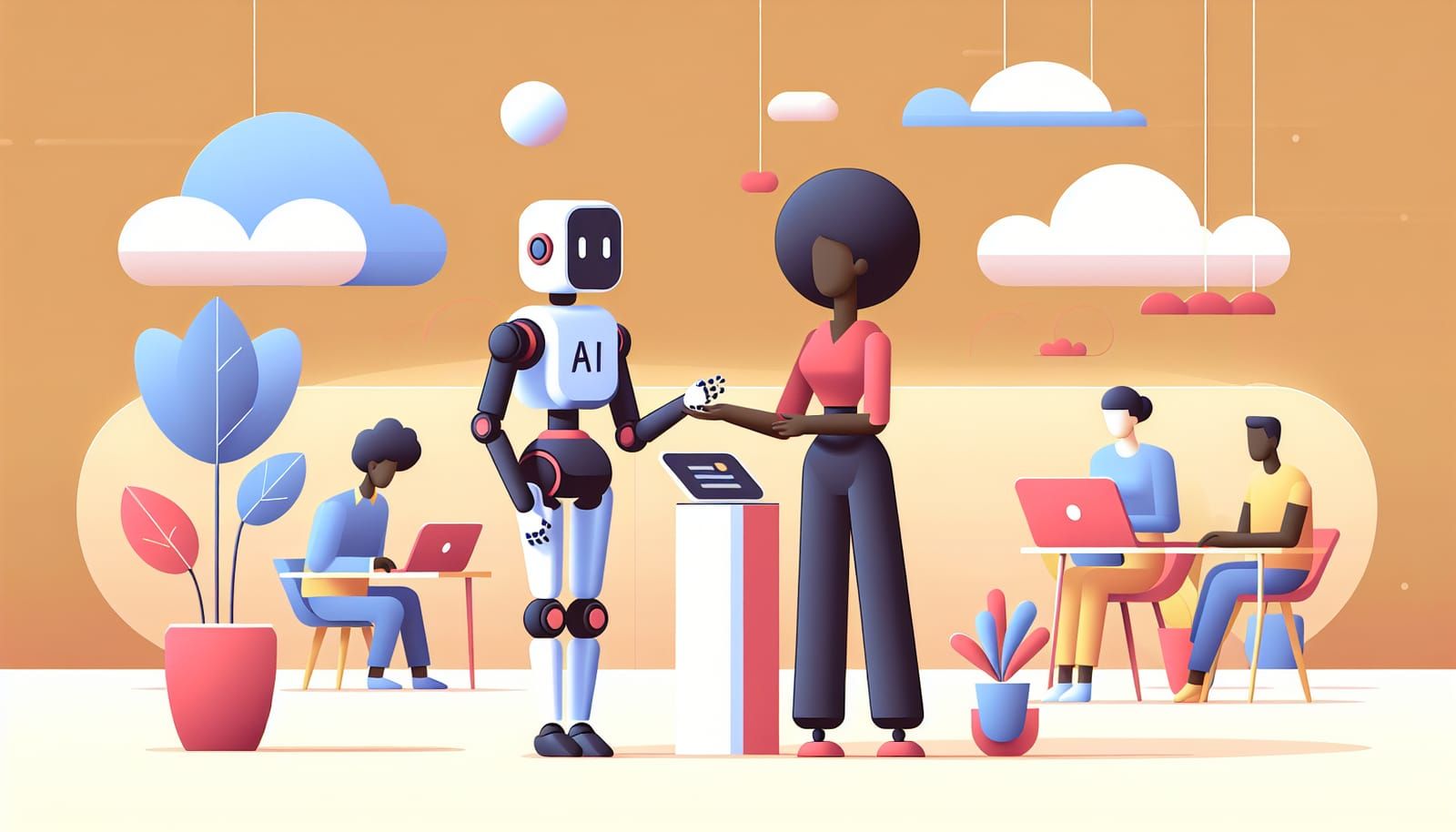Have you ever told a joke that just fell flat? Or perhaps you’ve heard a joke so good that it made you laugh so hard you cried? Humor is a fascinating part of human communication, filled with nuances, cultural references, and clever wordplay. But can we teach artificial intelligence (AI) to understand and appreciate humor in the same way we do? In this article, we will explore the complexities of humor, how AI understands language, and if it’s possible to create an AI that gets jokes—while keeping things simple and fun!
What is Humor?
Before we dive into the world of AI and humor, let’s first understand what humor is. Humor is a form of communication that elicits laughter or amusement. It can be verbal, visual, or situational. There are many types of humor, including puns, jokes, slapstick, and satire, each appealing to different tastes and cultures. The beauty of humor lies in its ability to connect people, lighten the mood, and even provide insight into complex social dynamics.
Humor often relies on shared experiences or cultural context. For example, a joke about a popular TV show might leave some people in stitches while others might not understand it at all. This makes humor a unique challenge for AI, which typically relies on patterns and data rather than personal experiences.
The Challenge of Teaching AI Humor
Teaching AI to understand humor is no small feat. AI systems learn from vast amounts of data, but they lack the human experiences that form the basis of many jokes. For instance, a classic joke might go something like this: “Why did the chicken cross the road? To get to the other side!” While this joke is simple, it plays on the expectation that there should be a clever punchline. AI systems might struggle to grasp the subtlety behind this expectation.
Additionally, humor often involves wordplay, irony, and sarcasm—elements that can be challenging for AI to interpret. AI needs to understand not only the words being used but also the context, tone, and sometimes even the emotions behind them. This is where language models like GPT (Generative Pre-trained Transformer) come into play, but even they have their limitations when it comes to humor.
How AI Understands Language
To comprehend humor, AI first needs to understand language. This process involves natural language processing (NLP), a branch of AI focused on the interaction between computers and human language. NLP allows AI to analyze, interpret, and generate human language in a way that is meaningful.
AI employs various techniques to understand language, such as tokenization, part-of-speech tagging, and sentiment analysis. Tokenization breaks down sentences into words or phrases, while part-of-speech tagging identifies the grammatical role of each word. Sentiment analysis helps AI gauge the emotion behind the words. Although these techniques help AI understand the structure and meaning of sentences, they do not provide the depth of understanding required to grasp humor fully.
To illustrate, consider the following sentence: “I told my computer I needed a break, and now it won’t stop sending me beach wallpapers!” Here, the humor lies in the double meaning of the word “break” and the unexpected behavior of the computer. For AI, deciphering this joke requires a deeper understanding of context and wordplay—something that is certainly a work in progress.
Examples of AI and Humor
Despite the challenges, there are fascinating examples of AI systems attempting to understand and even generate humor. For instance, some AI chatbots are programmed to tell jokes. These bots analyze vast datasets of jokes and learn to mimic humor patterns. While they might not always hit the mark, they can produce some laugh-worthy results.
One noteworthy project is the “JokeBot,” an AI designed to create jokes based on user input. Users can provide a topic, and the JokeBot generates a joke. While some jokes may be hits, others may be misses, showcasing the ongoing journey of AI in understanding humor.
Another interesting example is the IBM Watson AI, which has been used in creative writing and even stand-up comedy. Watson analyzes audience reactions to refine its comedic timing and delivery, making it a unique project that combines technology with the art of humor.
The Future of AI and Humor
As AI continues to evolve, so too does its potential to understand humor. Researchers are working on improving AI’s ability to recognize context, sentiment, and cultural references, which are essential for grasping humor effectively. With advancements in deep learning, AI systems are becoming more adept at understanding the complexities of human language.
However, there are ethical considerations to keep in mind. Humor can be subjective and sensitive, often touching on topics that may offend or upset people. Ensuring that AI-generated humor is appropriate and respectful is an ongoing challenge. Developers must be mindful of cultural nuances and the potential implications of AI-generated content.
Conclusion: A Laughing Matter?
While we may not yet have an AI that can fully understand or appreciate humor in the same way humans do, we are making strides toward that goal. As AI technology advances, it is exciting to think about the possibilities—imagine AI comedians performing shows or chatbots that can make you laugh just when you need it!
The journey to building humor-understanding AI is filled with challenges, but it also opens up fascinating avenues for creativity, connection, and entertainment. Whether it’s creating personalized jokes or enhancing our interactions with technology, AI has the potential to bring a little more laughter into our lives.
In the end, while we may not be able to teach AI to laugh just yet, we can certainly appreciate the journey it’s taking to understand one of the most delightful aspects of being human: humor.


